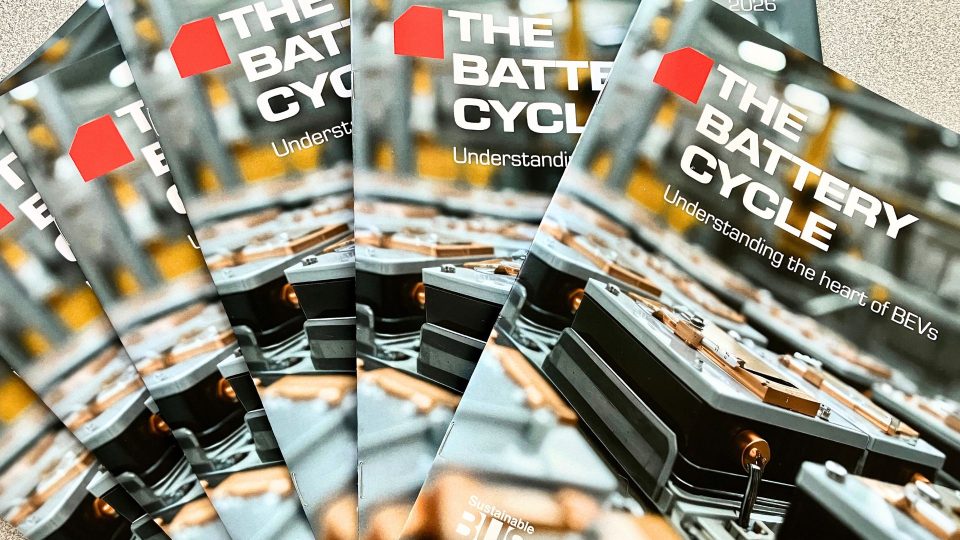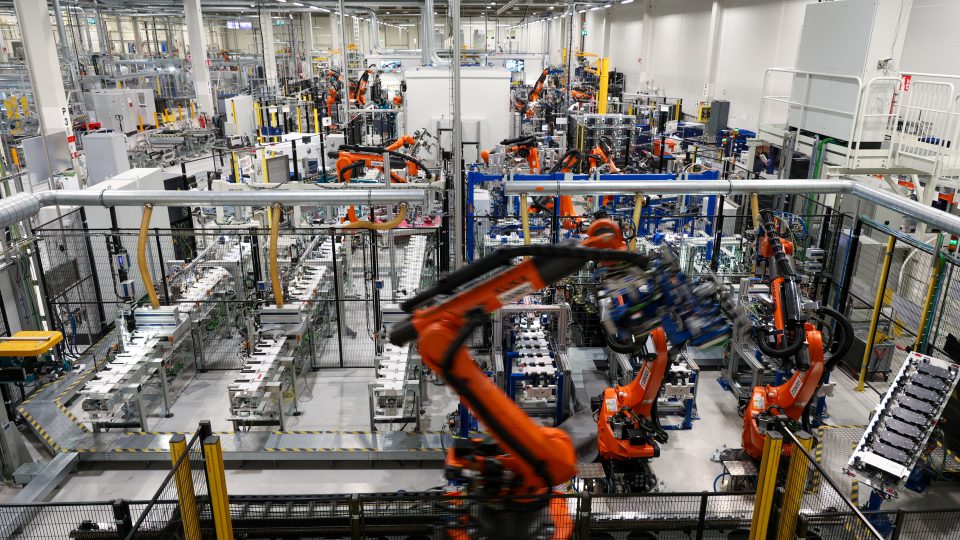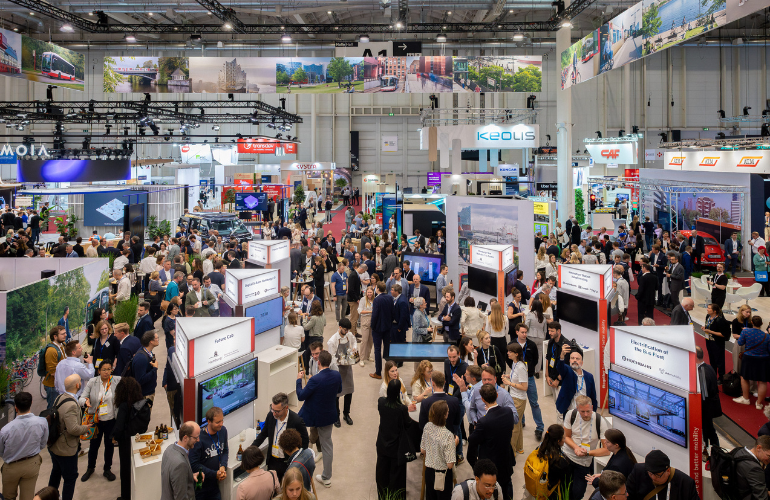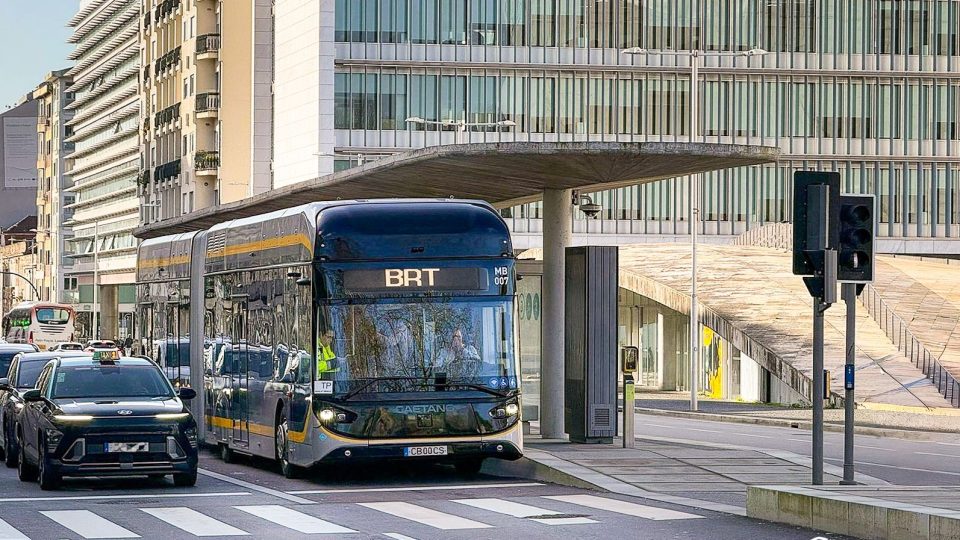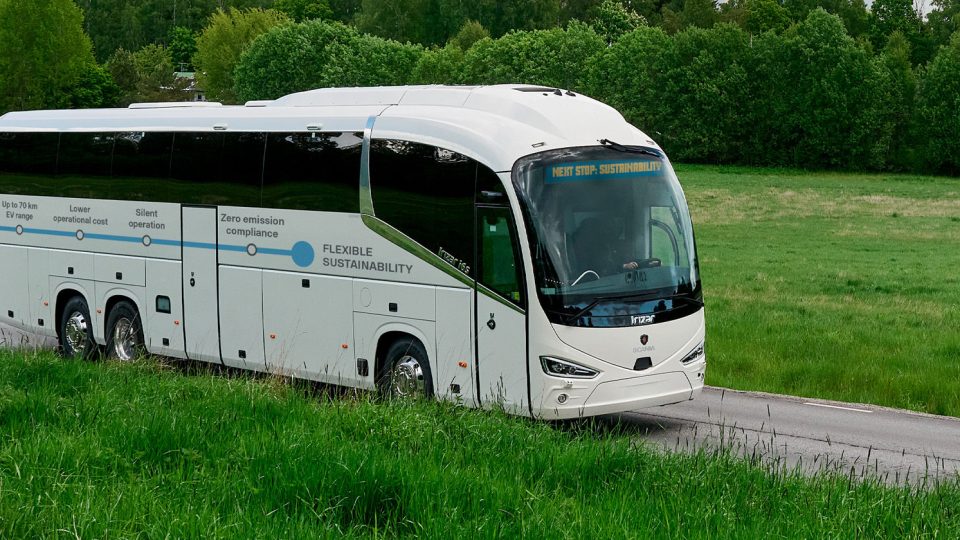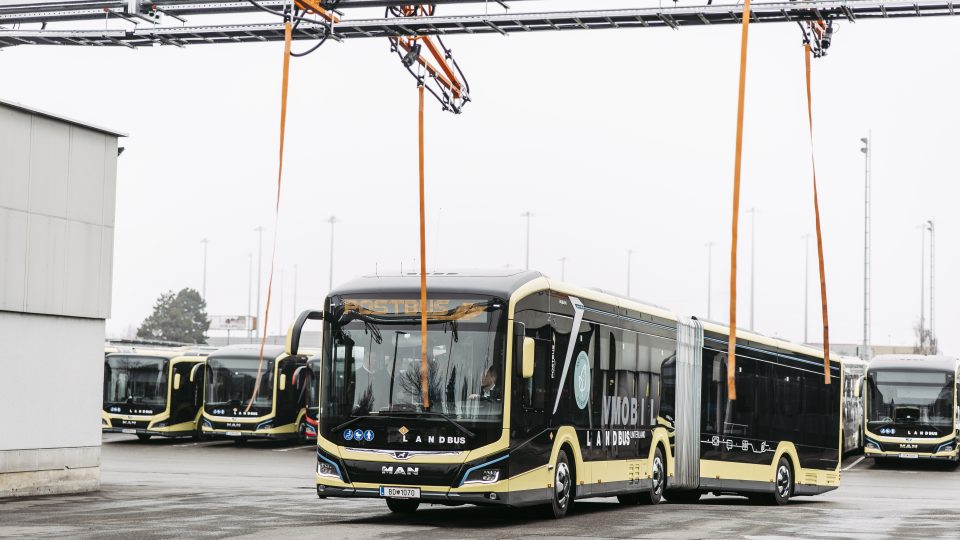Heliox implements RFID technology for safe charging operations in Haarlem-IJmond (NL)
Heliox is implementing RFID technology to ensure safe charging operations in Haarlem-IJmond (Netherlands). The supplier is partnering with Transdev-Connexxion, which is operating full electric bus fleets also in Amstelland-Meerlanden. For the Haarlem-IJmond concession, Heliox’s solution for secure charging uses RFID technology to ensure charging stations and systems are secure to prevent misuse on the city and regional […]
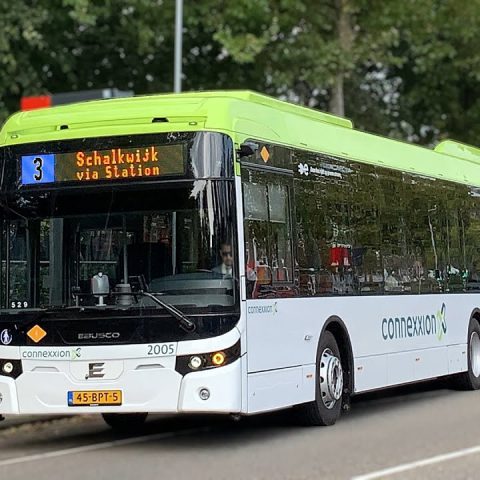
Heliox is implementing RFID technology to ensure safe charging operations in Haarlem-IJmond (Netherlands). The supplier is partnering with Transdev-Connexxion, which is operating full electric bus fleets also in Amstelland-Meerlanden. For the Haarlem-IJmond concession, Heliox’s solution for secure charging uses RFID technology to ensure charging stations and systems are secure to prevent misuse on the city and regional bus lines. The concessions will see 156 Ebusco battery-electric buses in operation.
Electric bus charging from Heliox in Haarlem-IJmond
Heliox delivered new charging infrastructure, as well as relocating existing charging infrastructure to optimalise charging operations on the high-frequency bus lines, the Dutch supplier points out.
Heliox also addressed the issue of secure charging within the Haarlem-IJmond concession and used RFID technology to prevent against misuse by unauthorized users, in public spaces. Explaining how this function works, Heliox says that «bus drivers on the route are provided with an RFID tag. The charging cable can only be removed from the cradle by the driver presenting the RFID tag to unlock the charging cable, after which the cable can be attached to the bus and charging can commence».
Heliox is the charging partner in Haarlem-IJmond
The electric buses are charged via CCS by chargers placed strategically at the end of the route. This CCS (Combined Charging System) chargers uses Heliox’s innovative Power Curve Technology to charge buses «up to 67% faster and has the industry’s highest efficiency rate of 97%», Heliox highlights.
RFID charging in Haarlem-IJmond
Koen van Haperen, CCO at Heliox, comments: “Our products are the result of intensive research, years of practical experience and a good understanding of the challenges faced by our customers. Heliox’s RFID-charging tags provide Transdev-Connexxion with the assurance that chargers in public spaces are safe, secure and correctly used.”
Spencer Milburn, Senior Project Manager Zero Emission at Transdev Nederland: “Transdev has worked with Heliox on a number of projects since 2016 and Haarlem-IJmond represents the next step in that relationship. With Haarlem-IJmond, we have added charging with fixed CCS cables on public locations to our charging infrastructure portfolio, necessitating a solution whereby the fixed cable could be only be used for our buses.”
Heliox and electric buses in the Netherlands
End of 2019 has seen Heliox welcoming the launch of a 164 electric bus fleet in Groeningen. Vehicles powered through 23 new opportunity charging (300 & 450kW) and 4 depot charging locations in Groningen, Emmen and Assen. What is more, three bus brands are involved, therefore the infrastructure must respond to high level of interoperability. Also the charging infrastructure for the 55 electric buses that started operation in Rotterdam for RET is managed by Heliox.

